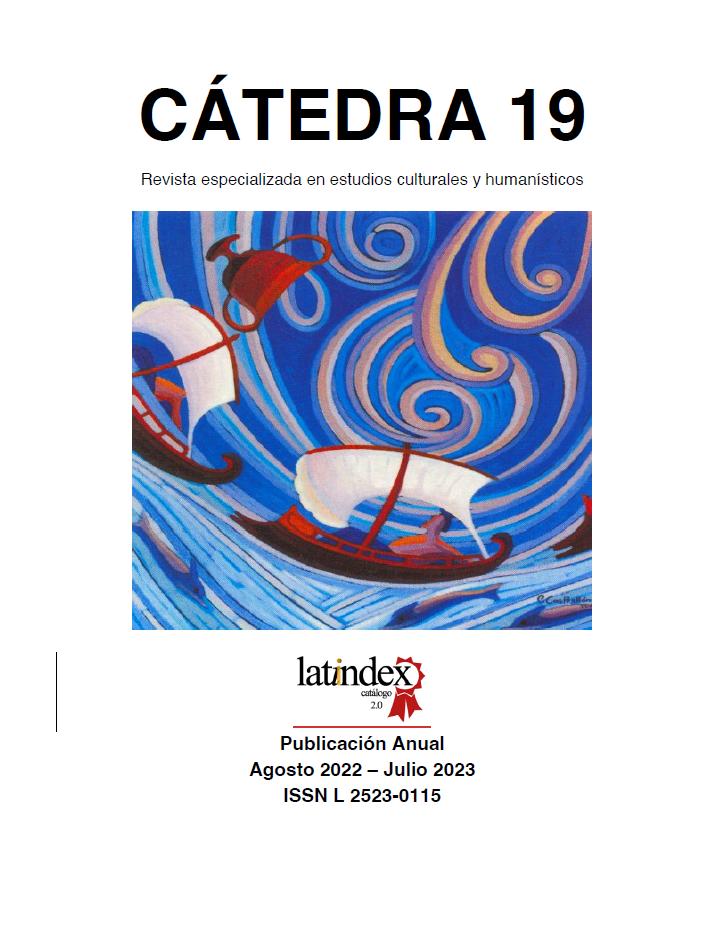References
Álvarez, A. J. (1972). Sade y el sadismo. Grijalbo. Badinter, E. (1993). XY. La identidad masculina. Alianza.
Bloch, I. (2003). Marquis de Sade. The Man and His Age. Studies in the History of the Culture and Morals of the Eighteenth Century. Magnolia Books.
Butler, J. (2006). Deshacer el género. Paidós.
Cavana, M. L. (2000). Diferencia. En C. Amorós (directora). 10 palabras clave sobre Mujer (pp.85-118). Verbo Divino.
Cobo-Bedia, R. (2000). Género. En C. Amorós (directora). 10 palabras clave sobre Mujer (pp.55-83). Verbo Divino.
Fernández-Alemany, M., y Sciolla, A. (1999). Mariquitas y marimachos. Guía completa de la homosexualidad. Nuer Ediciones.
Gorer, G. (1969). Vida e ideas del Marqués de Sade. La Pleyade.
Hobbes, T. (2001). Leviatán. La materia, forma y poder de un estado eclesiástico y civil. Alianza.
Hunt, L. (2005). La vida privada durante la Revolución Francesa. En P. Ariès y G. Duby (directores). Historia de la vida privada. Tomo 4. De la Revolución Francesa a la Primera Guerra Mundial (pp.23-51). Taurus.
Kant, I. (1932). Lo bello y lo sublime. Ensayo de estética y moral. Espasa-Calpe.
Locke, J. (Sin año). Ensayo sobre el gobierno civil. Editorial Universidad. [Por defecto de la edición, la editorial no incluyó año en que publicó la versión]
Pasolini, P. P. (Director) (1975). Saló o le 120 gionarte di Sodoma. Producción por Les Productions Artistes Associés y Produzioni Europee Associati (PEA). [Basada en la obra del Marqués de Sade, Las 120 jornadas de Sodoma. Ver referencia bibliográfica]
Rich, A. (1999). La heterosexualidad obligatoria y la existencia lesbiana. En M. Navarro, y C. Stimpson. Sexualidad, género y roles (pp.159-211). Fondo de Cultura Económica.
Roudinesco, É. (2009). Nuestro lado oscuro. Una historia de los perversos.
Anagrama.
Rousseau, J.J. (2001). Discurso sobre el origen de la desigualdad entre los hombres. ALBAS.
Rousseau, J. J. (1985). Emilio. EDAF.
Sade, D.A.F., Marqués de (2009a). Juliette o Las prosperidades del vicio. Tusquets. Sade, D.A.F., Marqués de (2009b). Las 120 jornadas de Sodoma. Gradifco.
Sade, D.A.F., Marqués de (2008). Justine o Los infortunios de la virtud. Tusquets. Sade, D.A.F., Marqués de (2003a). La Nueva Justine o Las desgracias de la virtud.
Valdemar.
Sade, D.A.F., Marqués de (2003b). The Charenton Journals. The Ghosts of Sodom. Creation Books. (También contiene: Notes for “The Days at Florbelle”; “Charenton Letters”; y “Last Will and Testament”. Introducción (y traducción) por John Phillips).
Sade, D.A.F., Marqués de (1995). Los infortunios de la virtud. Edicomunicación.
Solano-Fallas, A. (2017). Marqués de Sade: en contra del sexo-género determinista y la heterosexualidad excluyente. Revista humanidades, 7 (2), 1-14.

